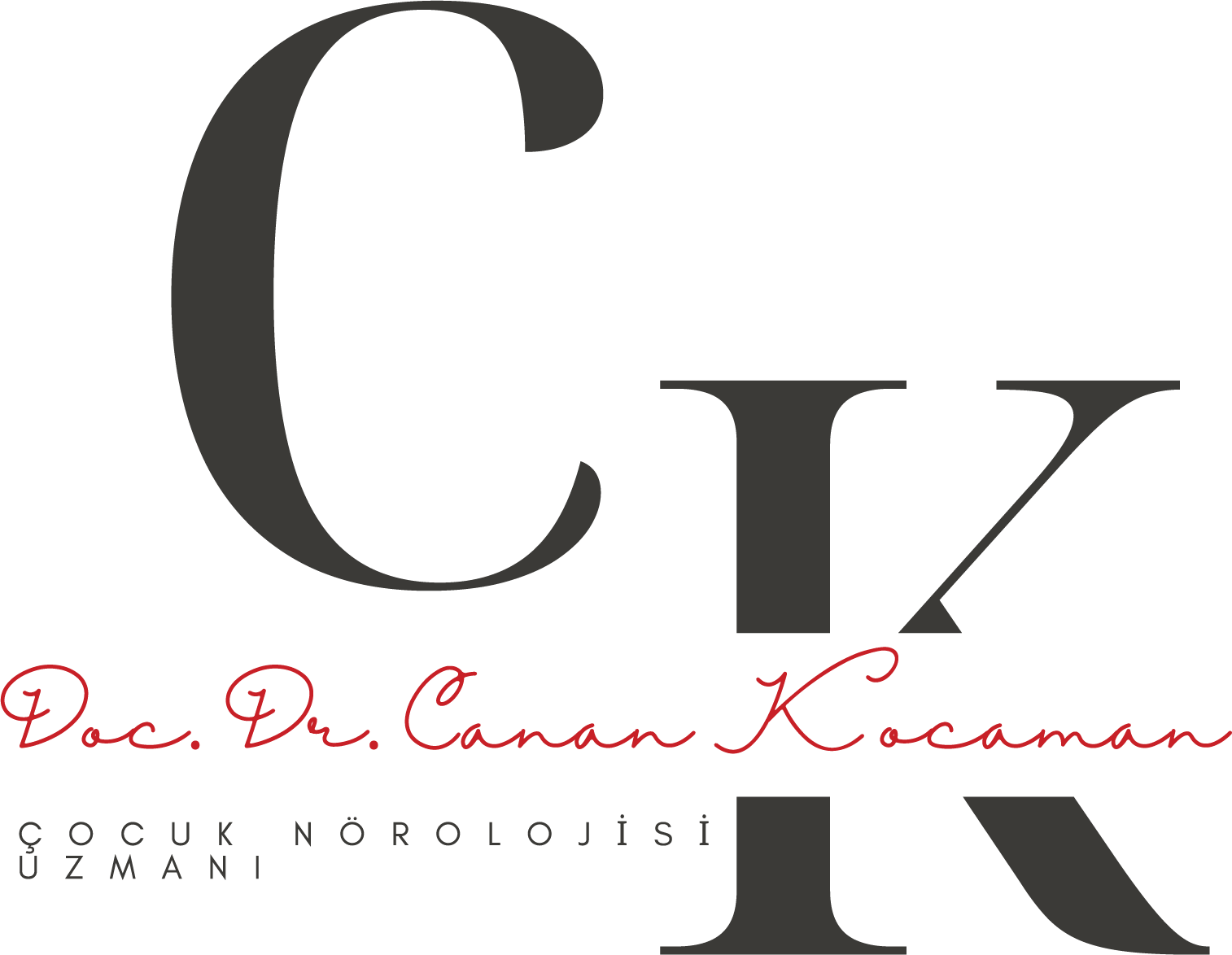Child Neurology
What is Child Neurology?
Pediatric neurology is a branch of science that deals with the diagnosis and treatment of diseases involving the brain, muscle and nervous system of children aged 0-18. In addition to nervous system diseases; brain problems that develop due to complications before, during or after birth are also included in the field of pediatric neurology. The field of pediatric neurology works on the healthy development of children.
Diseases included in the field of pediatric neurology are treated according to the age of the child, the condition of the disease, the symptoms in the child and other disease characteristics. Child neurology specialists are specialized in the diagnosis and treatment of these diseases with many experiences and studies. Pediatric neurologists examine the symptoms in the child, listen to the history of the disease from the family and perform a physical examination to diagnose the diseases. Other diagnostic tests and examinations are performed when necessary. They can apply diagnostic methods such as MRI, EEG, neurological tests, blood tests.
A treatment method is determined in accordance with the patient's condition and the results of the evaluation. Treatments may vary according to the type and severity of the disease. Medication may be sufficient or surgical treatment may be required. Thepediatric neurologist regularly follows and controls the patient and evaluates the course of treatment. This is important for the healthy growth and development of children. Doctors specializing in pediatric neurology work together as a team. Together with physiotherapists, psychologists and nurses, the patient's recovery process is monitored.
Areas of Interest in Child Neurology
- Neurological follow-up of high-risk babies (premature babies, babies with brain-related problems)
- Developmental delay (in fine and gross motor skills, language and personal social areas)
- Hypotonia (loose baby)
- Headache (migraine, tension type migraine, mixed type migraine, etc.)
- Vertigo (dizziness)
- Febrile convulsion (febrile convulsion), Attendance seizure (breath holding), Febrile convulsion without fever (afebrile convulsion), Attitudes mimicking seizure
- Epilepsy (epilepsy)
- Cerebral palsy (cerebral palsy)
- Mental retardation and accompanying problems
- Autism (syndrome of pervasive developmental disorder)
- Speech, language disorders
- Sleep disorders (Insomnia, parasomnia)
- Congenital or acquired brain anomalies
- Problems involving the muscle, muscle and nerve junction
- Hereditary and acquired neuropathies (diseases involving the peripheral nervous system)
- Movement disorders (such as tremor, tics, athetosis, balismus, chorea)
- Neurometabolic diseases (diseases caused by inbreeding such as phenylketonuria)
- Progressive neurodegenerative diseases leading to loss of acquired skills
- Neurogenetic disorders with dysmorphic findings
- Mitochondrial diseases
- Neurocutaneous diseases (such as Sturge weber, tuberous sclerosis, neurofibromatosis)
Parents who have a child with a neurological problem do a research about the best pediatric neurology doctor in their area. Assoc. Prof. Dr. Canan Kocaman is experienced in the field of pediatric neurology. In her office in Kadıköy, Istanbul, she diagnoses and treats neurological problems in children between the ages of 0-18 with her team of experts.

